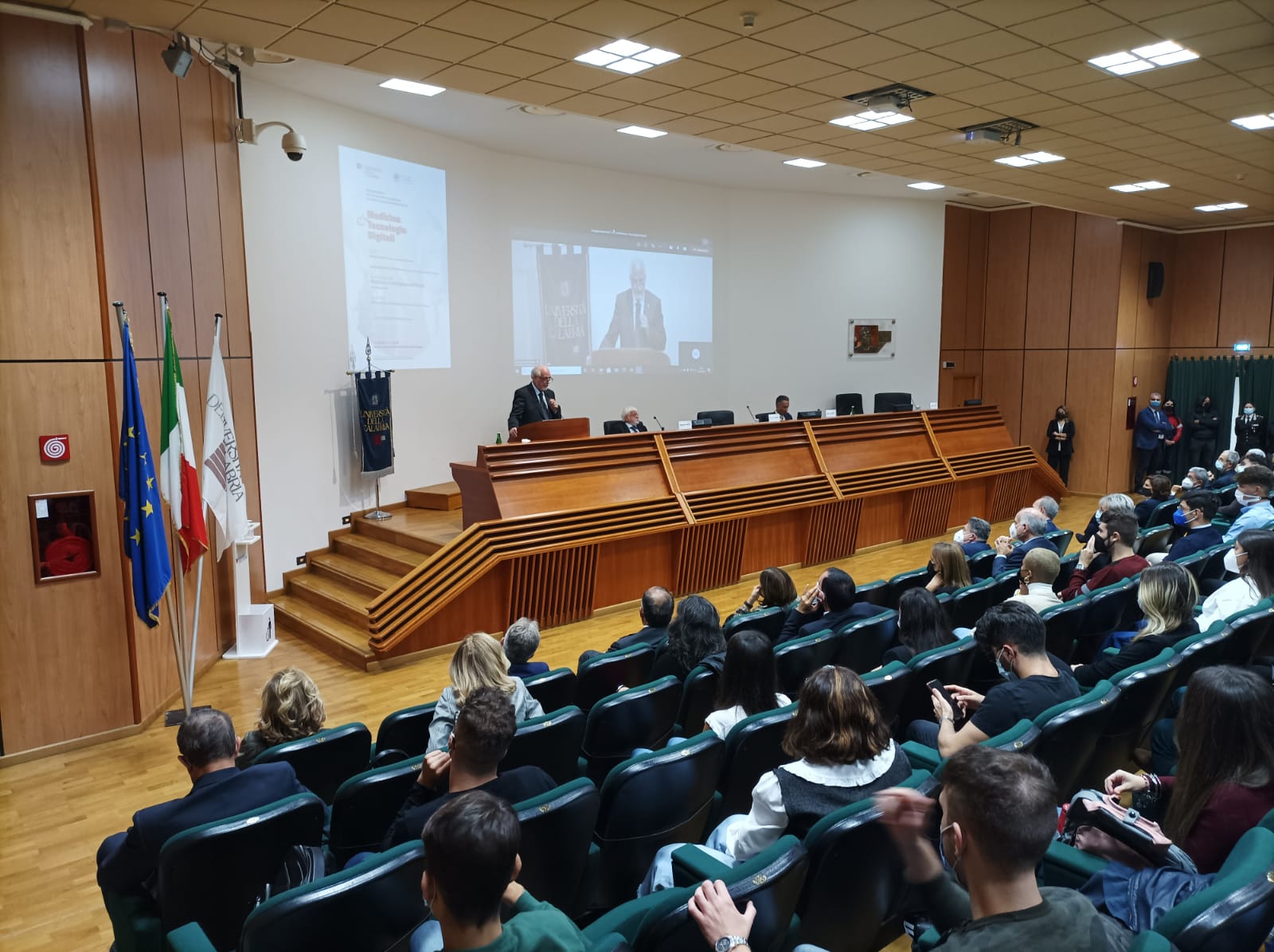© mid.ru
–
Europe’s energy crisis will affect Serbia to a lesser extent, as the country “had enough courage to build the pipeline” [руските медии посочват, че става дума за “Турски поток” – бел.ред.], Serbian President Alexander Vucic was quoted as saying by Interfax and TASS.
In fact, gas would not have reached Serbia, Hungary and Croatia if Boyko Borissov’s government had not forcibly built the link between the Turkish and Serbian borders, which he calls the “Balkan Stream”, but the US and Russia openly say it is part of Russia. ” Turkish Stream “. This site, worth nearly BGN 3 billion, is presented as part of the Bulgarian gas transmission network, but there are no branches for Bulgarian consumers. In reality, for years to come, almost all of its capacity has been reserved by Gazprom.
Last year, Energy Minister Temenuzhka Petkova said the goal of the new pipeline was to provide gas from various sources and routes, which would have a positive impact on consumers. In fact, the investment projects approved by the government at the suggestion of Petkova for the so-called Balkan Stream does not provide for the construction of gas pipeline branches in the areas through which it passes. As early as 2017, Delyan Dobrev, chairman of GERB’s parliamentary energy commission, said the pipeline was a target of Bulgartransgaz and was only to increase transit capacity.
From October 1, 2021 to December 31, 2039, Gazprom has reserved 100% of the available technical capacity of the gas pipeline to Serbia (211 GWh / day), according to data from the European Network of Transmission System Operators (ENTSOG). Until January 15 this year, it was recorded that the technical capacity was 400 GWh / day, of which 318 GWh / day was maintained by Gazprom. But then it was halved to 211 GWh / day. This means that the transit fees that the Bulgarian state company will receive will be half less, as they are paid for transferred quantities. In practice, this means that with the maximum closure of the transfer, the possible revenues would be no more than BGN 240 million per year, ie. 100 million less than planned, and it is unknown when the Bulgarian part of “Turkish Stream” will pay off.
On Sunday, Vucic met with the Russian foreign minister in Belgrade and then said that he had passed on a request to Serbia to get the most favorable price for natural gas through Sergei Lavrov and Deputy Prime Minister Yuri Borisov.
A few days ago, he said that it was important for his country to extend the long-term contract with Gazprom to the current level of $ 270 per 1,000 cubic meters of gas, while in Europe prices on October 6 exceeded $ 1,900 and after a few “reassuring” words from Putin went down.
In September, the Russian president commented that countries that had signed long-term contracts for Russian gas “could now rub their hands happily and rejoice.” Vucic then called him a kingmaker, who could determine “to whom, at what price and by how much to raise the price”.
Several EU countries have called for a review of Russia’s role in the current crisis, as Europe’s storage facilities – some of which are key controlled by Gazprom or the company involved – are low on power in the summer. Russia has also blamed an accident at its key site in Siberia for a sharp drop in gas exports over several weeks. Now Lavrov says the country is ready to increase exports, but needs relevant agreements with Europe first.
Since 2009, Gazprom has controlled more than 56% of NIS, Serbia’s largest energy company, and the head of state-owned Serbiagas is Dusan Bayatovic, a member of Ivica Dacic’s pro-Russian Socialist Party and named one of the most the most important people in the country for Moscow. In January 2021, he offered to help Boyko Borissov’s government speed up the completion of the pipeline in Bulgaria, including with welders.
–


